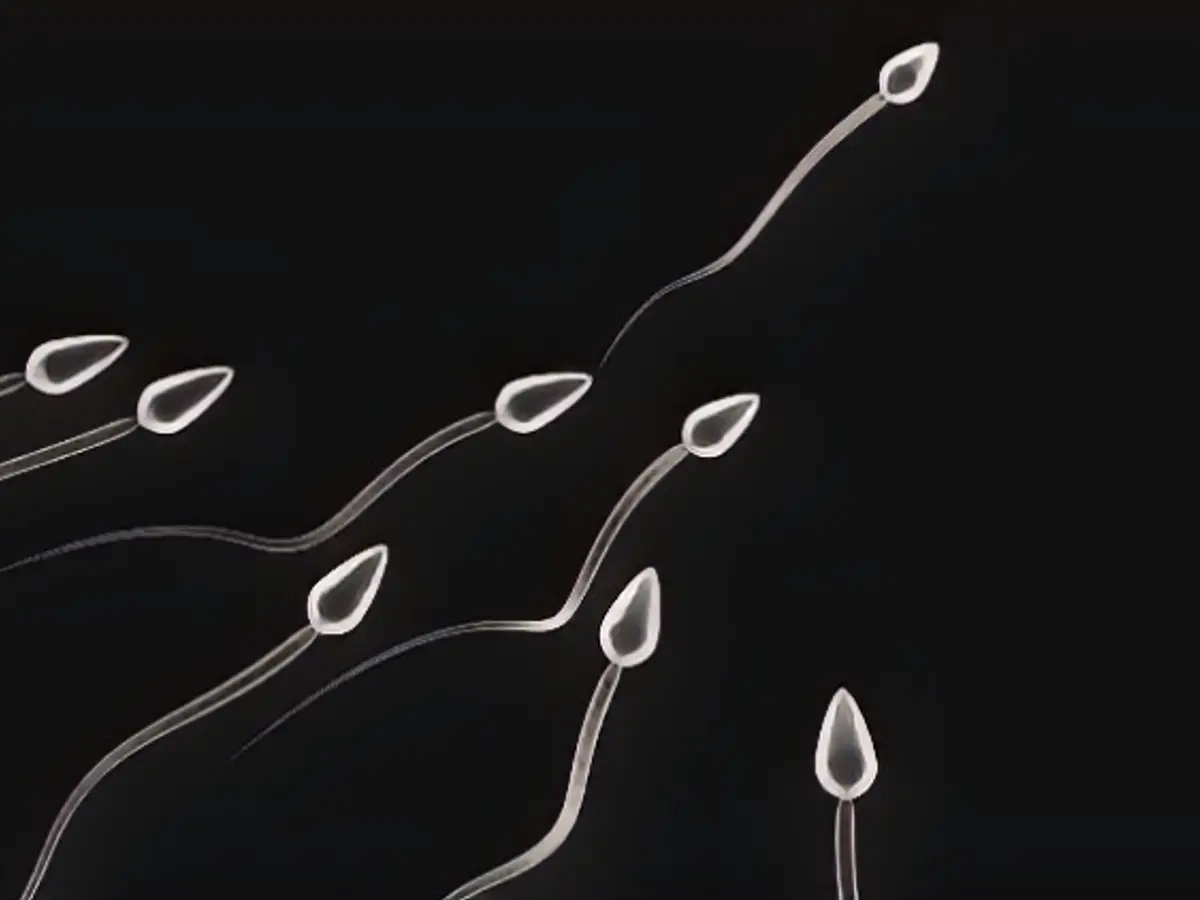Title: Insecticides and Their Impact on Men's Sperm Count: A Concerning Trend
It seems that plant protection products, often referred to as insecticides, might be causing a stir in the reproductive health world. Researchers, led by Melissa J. Perry from George Mason University and Lauren B. Ellis from Northeastern University, have reviewed data from 25 human studies spanning nearly half a century. Their conclusion? Insecticides, such as organophosphates and N-methylcarbamates, may contribute to a decrease in sperm concentration in men.
Published in "Environmental Health Perspectives", this study is considered the most comprehensive systematic review to date on this topic. The researchers analyzed data from a total of 1,774 adult men from various continents, all exposed to these two insecticide classes. Organophosphates and N-methylcarbamates are commonly used pesticides, and their potential impact on human health is a matter of public concern.
"Given their ubiquity in the environment and documented reproductive hazards, it is critical to understand how insecticides affect sperm concentration in humans," Ellis stated. Exposure to these substances is a public health concern, she emphasized, with anyone consuming food or water contaminated by these insecticides at risk.
The findings suggest that there is a link between insecticide exposure and lower sperm concentration. This discovery is concerning, as previous studies have shown a downward trend in semen quality in men. The research team recommends future studies to further explore the effects of insecticides on sperm concentration in men.
It's crucial to raise awareness about the potential risks associated with environmental toxins like insecticides. Nutrition plays a significant role, and efforts should be made to ensure individuals consume food and water free from contaminants like these pesticides. Education is equally essential for public health awareness.
Origins of Concern
Organophosphates and N-methylcarbamates can induce oxidative stress, a well-known cause of sperm dysfunction. This leads to the production of reactive oxygen species (ROS), which can damage sperm membranes, DNA, and proteins, impairing sperm motility and viability. Exposure to these chemicals can also increase oxidative damage to sperm DNA, proteins, and lipids, leading to DNA fragmentation, lipid peroxidation, and protein oxidation. These changes can negatively impact sperm quality and fertility.
While the specific review of 25 studies is not directly provided, the literature’s broader context suggests that exposure to these insecticides could lead to a decline in sperm count. For a precise answer, one would need to refer to a specific systematic review or meta-analysis that directly addresses this impact. However, based on the mechanisms of oxidative stress and the known effects of these chemicals on male reproductive health, it is reasonable to conclude that such exposure could contribute to a decrease in sperm count.








